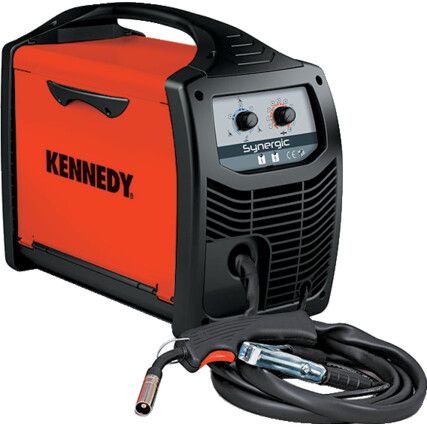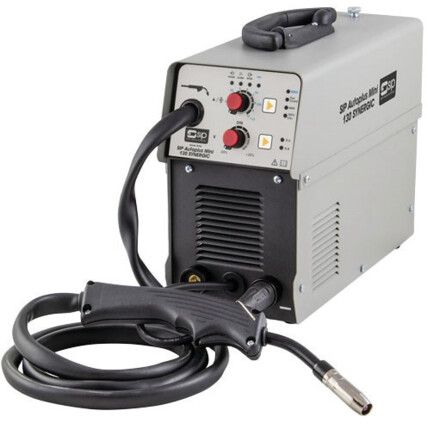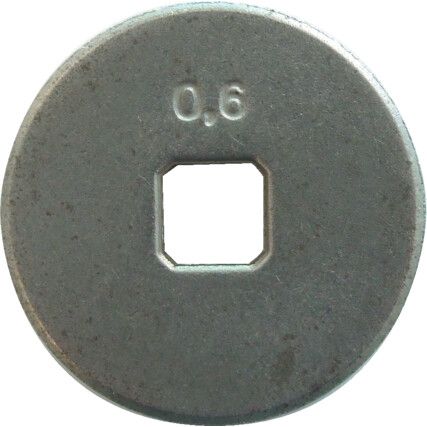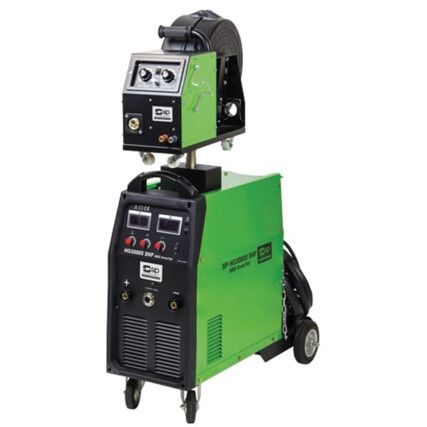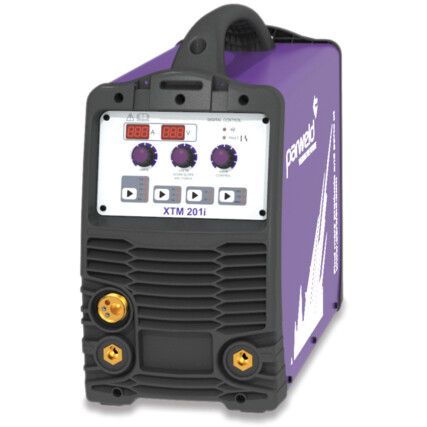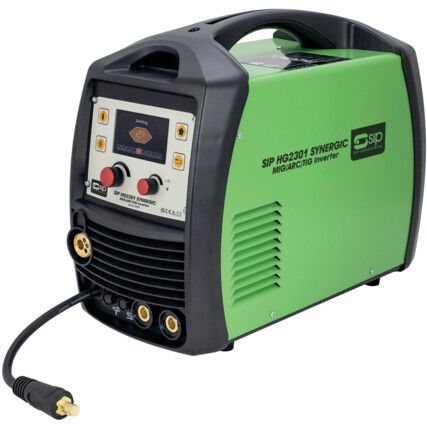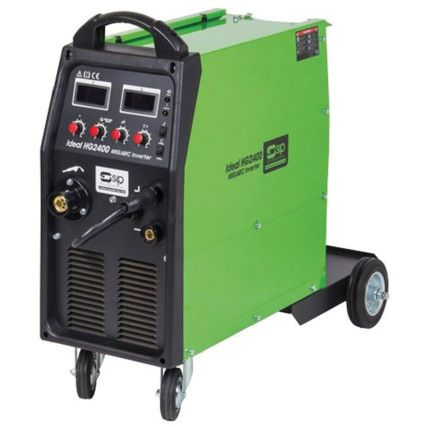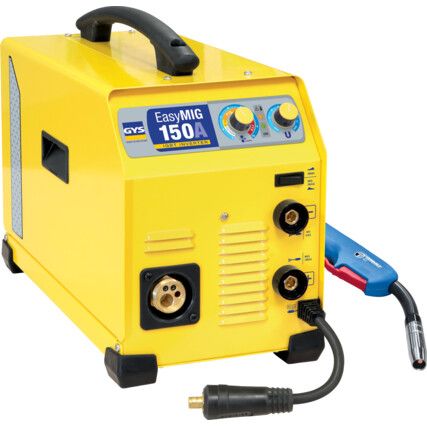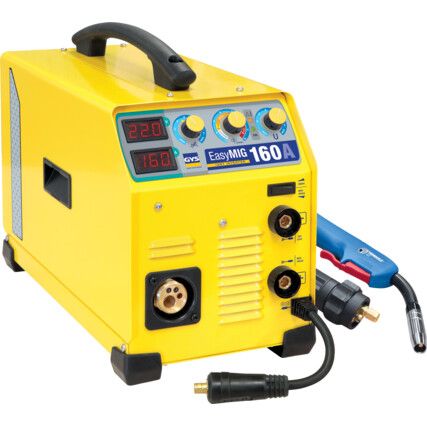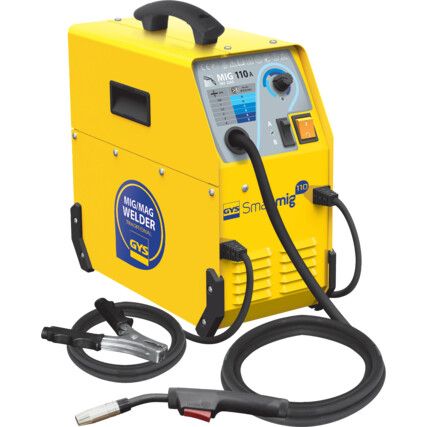Welders
Discover our line of welders online now at Cromwell.co.uk. Choose from a range of high-quality machines with various input voltages, wire feed drive systems and connection types to suit you. We carefully select all our products based on quality and price from well-known brands, like Parweld®, Gys®, Telwin®, Esab® and our own brand, Kennedy®.
What are welders?
Welding machines utilise high heat and filler metals (often flux-cored wires) to both melt and fuse two separate materials together with a welding torch. The filler metal creates a sturdy joint to provide a solid connection once cooled.
When are welders used?
Used in a production for a range of industries, including plastics production, Metal fabrication, and manufacturing, welding machines also feature heavily in aerospace applications and sheet metal work.
Welder types
Depending on the welding application, welding machines can be hand-held, while others are controlled using computer programming. Since there is a wide range of welding types, there are a lot of welding machines on the market. We chose the top five most commonly used...
• MIG welder - Used to weld thicker metals like stainless steel, Metal Inert Gas welding machines operate using flux cored wire as both a filler and electrode. It includes time regulations for safe use depending on the application and should have thermostatic protection.
• TIG welder - Tungsten Inert Gas welding machines are used to weld small projects on thinner metals like aluminium. Working at lower temperatures, they produce precision work.
• Spot welder - These larger welding machines utilise an electric current to weld two sheets of metal together and are often used in manufacturing for a quick turnover.
• Plastic welder - Suitable for use on a wide range of plastics, including HDPE and polycarbonate, plastic welder machines heat and connect plastic joints and repair breakages.
• Multi-purpose welder - Some welding machines can provide multiple processes, such as MIG-MAG, flux and brazing applications. The technical datasheets for welding machines should provide this information, however; some machines will require additional parts for the application required.
Considerations when choosing welders
• Welding machine type - choose a machine that matches your skill level as a welder for safety.
• Finish - for a visible weld, a TIG welder is the best choice, as it provides a clean and precise finish. For a weld that will be out of sight, a MIG welder is a good choice.
• Metal type - think about the types of metal you'll be using and the thickness as this will play a large part in the machine you choose.
• Conditions - where you weld will affect the type of machine you choose. For example, in unpredictable weather like wind and rain, a flux-cored welder or a stick welder will provide consistent performance.
FAQs
What type of welding machine is best for beginners?
The best starting device is a MIG welder as this is usually the easiest to learn. Most MIG welders are semi or fully automated and allow for pre-selected spool feed through the gun. This allows for the direct attention to be focused on the welding point.
What are the main types of welding?
There are four main types of welding, some of which we have already discussed above (MIG and TIG). The other two are FCAW, which is Flux-Cored Arc Welding and SMAW, Stick-shielded Metal Arc Welding.
